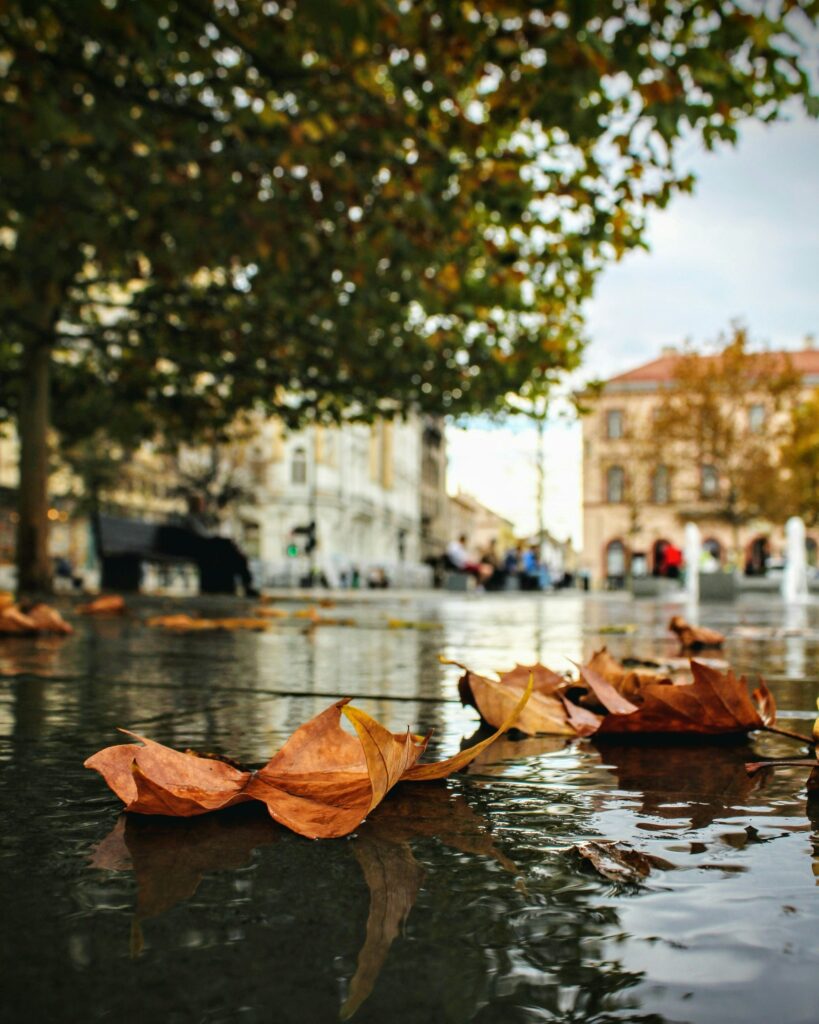Studying medicine in Romania presents a unique opportunity for students seeking high-quality education, diverse clinical experiences, and cultural immersion. Here’s a comprehensive exploration of what studying medicine in Romania entails:
-
Accredited Medical Universities
Romania is home to several accredited medical universities recognized for their rigorous academic standards and comprehensive medical programs. Some of the prominent institutions include Carol Davila University of Medicine and Pharmacy in Bucharest, Iuliu Hațieganu University of Medicine and Pharmacy in Cluj-Napoca, and Victor Babeș University of Medicine and Pharmacy in Timișoara.
-
Admission Requirements
Admission to medical universities in Romania typically requires a strong academic background, including completion of secondary education or equivalent qualifications. Prospective students may need to pass entrance examinations in subjects such as biology, chemistry, and physics, along with language proficiency tests in Romanian or English.
-
Application Process
Students interested in studying medicine in Romania can apply directly to the university of their choice or through centralized admission systems like the Romanian National Admissions Contest (CNAA). The application process involves submitting academic transcripts, standardized test scores, letters of recommendation, and a personal statement outlining the applicant’s motivation and qualifications for studying medicine.
-
Curriculum and Duration
Medical education in Romania follows a structured curriculum that combines theoretical coursework with practical training and clinical rotations. The curriculum typically covers basic sciences, preclinical studies, clinical medicine, and elective courses in specialized areas. The duration of medical programs in Romania is typically six years for undergraduate programs and four to five years for graduate-entry programs.
-
Clinical Training and Practical Experience
Romanian medical universities provide extensive clinical training opportunities in affiliated hospitals, clinics, and healthcare facilities. Students gain hands-on experience in various medical specialties, including internal medicine, surgery, pediatrics, obstetrics, and gynecology. Clinical rotations allow students to apply theoretical knowledge in real-world healthcare settings, develop clinical skills, and interact with patients under the supervision of experienced medical professionals.
-
Multicultural Environment
Studying medicine in Romania offers students the opportunity to interact with peers, faculty, and patients from diverse cultural backgrounds. Romania’s multicultural environment fosters cross-cultural communication, empathy, and cultural competence among students, preparing them to work effectively in multicultural healthcare teams and serve diverse patient populations in their future careers.
-
Language of Instruction
While Romanian is the primary language of instruction in most medical universities in Romania, many institutions offer medical programs taught in English to accommodate international students. English-taught programs enable students from non-Romanian speaking countries to pursue medical education in Romania without language barriers, facilitating access to a diverse student body and global networking opportunities.
-
Research Opportunities
Romanian medical universities actively engage in medical research and scientific inquiry across various disciplines. Students have the opportunity to participate in research projects, collaborate with faculty members on research publications, and attend scientific conferences and symposiums. Engaging in research enhances students’ critical thinking skills, scientific inquiry, and understanding of evidence-based medicine.
-
Cost of Education and Financial Aid
The cost of medical education in Romania is generally lower compared to other European countries and North America. Tuition fees vary depending on the university and program, with English-taught programs often having higher fees than Romanian-taught programs. Additionally, scholarships, grants, and financial aid options may be available to eligible students to help offset tuition and living expenses.
-
Career Opportunities and Licensing
Graduates of medical programs in Romania are eligible to pursue licensure and registration as medical doctors in Romania or other countries, depending on the respective licensing requirements. After completing their medical education and obtaining licensure, graduates can pursue various career paths, including clinical practice, residency training, research, academia, public health, and healthcare administration.
-
Support Services and Student Well-being
Romanian medical universities prioritize the well-being and success of their students by offering a range of support services. These services may include academic advising, counseling and mental health support, career guidance, accommodation assistance, and student organizations. Access to support services helps students navigate academic challenges, manage stress, and maintain overall well-being during their medical education journey.
-
Hands-on Clinical Experience
One of the highlights of studying medicine in Romania is the hands-on clinical experience students gain throughout their education. Romanian medical universities emphasize practical training from early stages, allowing students to interact with patients, perform physical examinations, and participate in medical procedures under supervision. This hands-on experience enhances students’ clinical skills, decision-making abilities, and confidence in patient care.
-
Cultural Enrichment and Exploration
Studying medicine in Romania provides students with the opportunity to immerse themselves in the country’s rich cultural heritage and vibrant lifestyle. Beyond their academic pursuits, students can explore historic landmarks, cultural attractions, and scenic landscapes across Romania. Whether visiting medieval castles, attending traditional festivals, or sampling local cuisine, students can enrich their cultural experience and create lasting memories during their time in Romania.
In summary, studying medicine in Romania offers students a well-rounded educational experience that combines academic excellence, practical training, cultural enrichment, and personal growth. With supportive learning environments, diverse clinical opportunities, and exposure to Romania’s rich cultural tapestry, students are prepared for successful careers in medicine and equipped to make meaningful contributions to healthcare and society.





